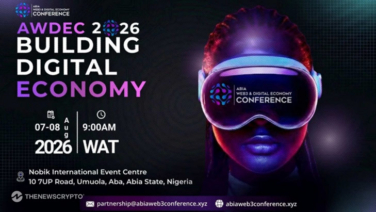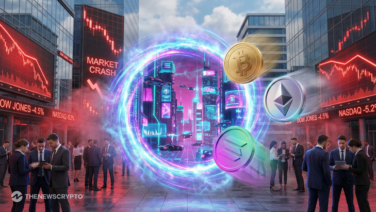The metaverse and Web3 are two of the most talked-about technologies today, with many believing they will shape the future of the internet. But what exactly are they, and how can people access and get involved with them? This article aims to provide a neutral, well-researched overview.
What is the Metaverse?
The metaverse refers to a network of virtual worlds focused on social connection. It is an evolution of the internet that incorporates aspects of virtual and augmented reality, enabling users to interact virtually in a more immersive and lifelike way.
Some key characteristics of the metaverse include:
- Persistent virtual worlds- The metaverse consists of virtual environments that continue to exist and evolve even when you’re not actively using or accessing them.
- Digital ownership – Blockchain technology and NFTs allow users to truly own digital assets, rather than having them controlled by a platform or company.
- Monetization – Creators can potentially monetize the content, experiences, virtual goods, and applications they build for the metaverse. Brands also see marketing potential.
- Realistic avatars – More realistic digital representations of people and their expressions—are the aim of metaverse platforms.
- Immersive experiences – VR and AR technology is advancing to provide seamless, interactive virtual experiences that engage multiple senses.
The metaverse is still in early development, but major corporations like Meta are investing heavily in it, believing it represents the future of the internet as we know it.
What is Web3?
Closely related to the metaverse is the concept of Web3—the next evolution of the internet built on blockchain technology. Web3 aims to create a more decentralized web where power and control are distributed among users, not centralized entities.
Core components of web3 include:
- Cryptocurrencies – Digital currencies like Bitcoin and Ethereum that eliminate central authorities overseeing transactions.
- NFTs – Non-fungible tokens that assign unique ownership to digital assets.
- Dapps – Decentralized apps with backend code running on distributed nodes, not centralized servers.
- DAOs – Decentralized autonomous organizations where users collectively govern communities and economies.
The goal of Web3 is to remove intermediaries and give users more ownership over their data, assets, identities, and online communities. It represents a shift from an internet controlled by large tech giants to one directed by its users.
How to Access the Metaverse and Web3
There are several ways that people can start accessing and engaging with the metaverse and web3 today:
Experience Virtual Worlds
Platforms like Decentraland, Cryptovoxels, and The Sandbox allow users to purchase virtual real estate NFTs, create avatars, explore 3D environments, play games, build scenes and structures, and attend live events. These blockchain-based virtual worlds provide a glimpse into the future metaverse.
Use Augmented Reality
AR apps like Magic Leap One blend digital objects and information into real world environments. AR glasses and lenses superimpose computer-generated imagery into what users see in their physical surroundings, which could one day support advanced metaverse experiences.
Get a Crypto Wallet
Cryptocurrency wallets like MetaMask are gateways to Web3 activities. Having a crypto wallet allows people to purchase digital assets like NFTs, interact with dapps, hold tokens from virtual worlds, participate in groups like DAOs, and more.
Join a DAO
Joining a DAO (decentralized autonomous organization) lets you collaborate with others through distributed community governance and decision-making. DAOs manage pooled crypto resources and assets that members can collectively benefit from.
Use Social VR Platforms
Apps like VRChat, AltspaceVR, and Horizon Worlds connect people for social virtual interactions. Spatial allows people to jump into AR meetings. These platforms hint at the virtual communication potential of the metaverse.
The metaverse and Web3 introduce new paradigms for how we can socially interact, work, play, learn, and conduct business online. While still emerging technologies, their core concepts and applications are rapidly evolving and stand to shape the future of life in the digital realm.








